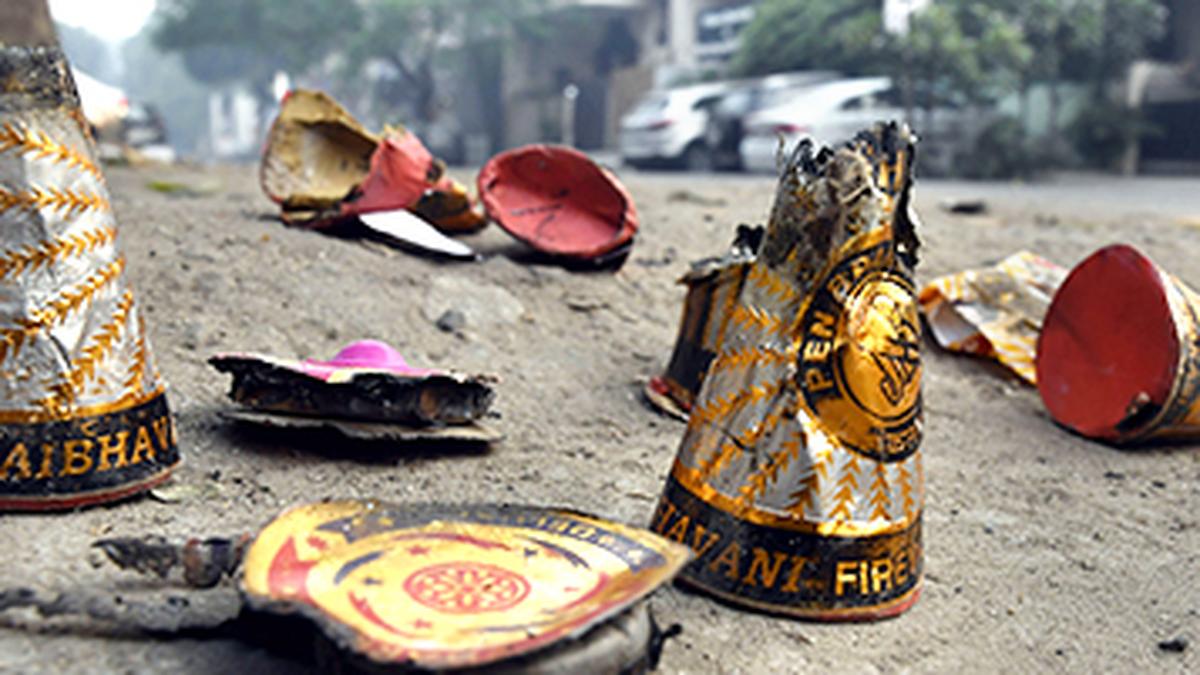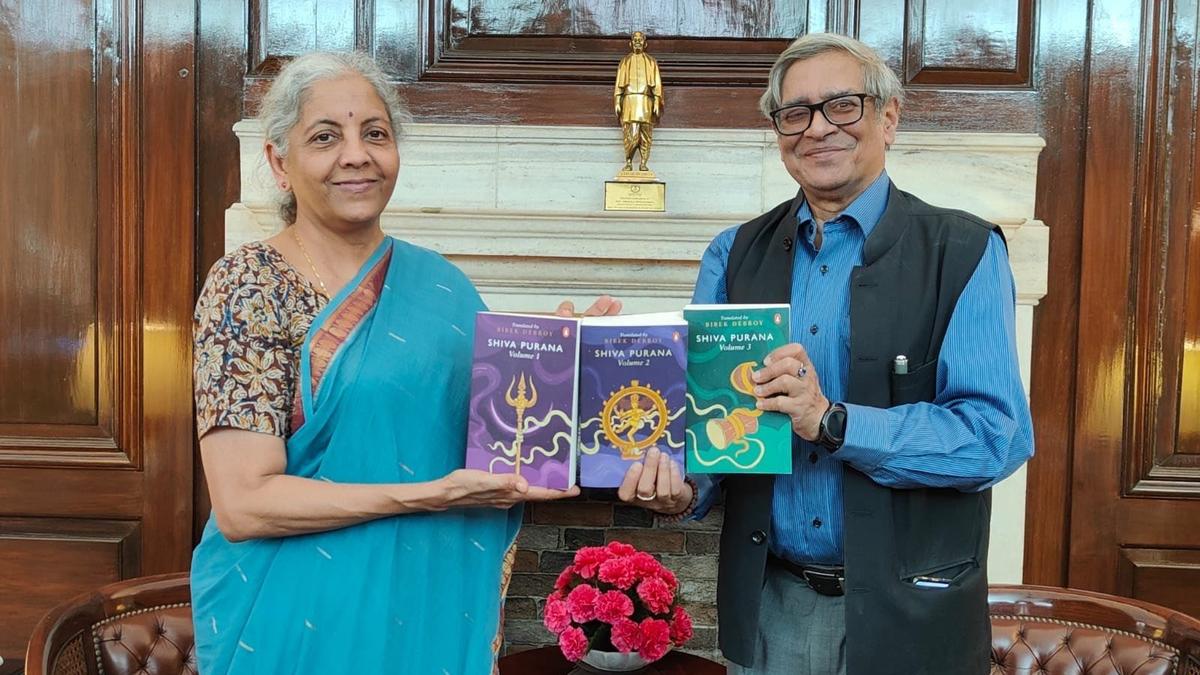Racing to reshape the strategic landscape of Ladakh, where China’s predatory conduct and military ambitions have led to a lingering border spat, India is on the verge of completing an ambitious project to provide much-needed alternative connectivity to a remote, strategically important outpost near the contested Line of Actual Control (LAC), top officials aware of the matter said on Thursday.

Read here: Nyoma airfield in eastern Ladakh to be a game changer for armed forces: Rajnath
The new road to Daulat Beg Oldi (DBO), India’s northernmost military base, will permit movement of soldiers, weapons and logistics to reinforce the front lines. The new road cannot be sighted from across the LAC, an advantage denied by the only existing road to DBO from Darbuk, said one of the officials requesting anonymity. And the fact that it is farther away from the LAC also means that it is less vulnerable to attacks from across the line.
It will be ready to support critical military movement by November-end and is expected to be fully blacktopped in a year, he added. Around 2,000 people are working on meeting the deadline.
The construction of the 130km road from Sasoma in the Nubra Valley to DBO near the Karakoram Pass has entered its final and most challenging phase that will require the Border Roads Organisation (BRO) to finish a stretch in steep glaciated terrain and build a bridge on the Shyok River, Hindustan Times has learnt.
Work on the Sasoma-Saser La-Saser Brangsa-Gapshan-DBO road gathered momentum three years ago in the backdrop of escalating military tensions between India and China: the two countries have been locked in a standoff since May 2020 and a full resolution of the border crisis through ongoing negotiations still appears elusive.
Depsang, which falls in the DBO sector, is one of the problems areas.
“Latest technologies are being employed to clear construction hurdles in the final lap,” said a second official, who also asked not to be named. The road falls under Hardness Index-III, which is BRO’s top-most classification for tough projects.
The existing 255km Darbuk-Shyok-Daulat Beg Oldi (DS-DBO) road runs close to the LAC. Sasoma and Darbuk can be reached from Leh via two different road axes.
Several key sections of the Sasoma-Saser La-Saser Brangsa-Gapshan-DBO road have been completed, the officials said, sharing granular details with HT.
Of the 52km stretch between Sasoma and the 17,600-foot Saser La, 46 kilometres have been blacktopped and only 6 kilometres remain, but this glaciated patch is the most difficult to build and BRO is using geocells (three-dimensional, expandable panels made of polymer) to stabilise the road and increase its bearing capacity. This stretch will be fully ready by November.
The connectivity between Saser La and Saser Brangsa has been achieved, and blacktopping of the 27-km stretch will be complete by October 2024. Work on the 42-km Saser Brangsa-Gapshan stretch is in full swing — a road length of 31km has been built while 11 kilometres remain, and the full stretch will be blacktopped within a year. The 10km stretch between Gapshan and DBO will also be ready next year.
The new road will create another axis as it will branch out from Saser Brangsa to Murgo on the DS-DBO road, and this 18km stretch will be fully usable by the middle of next year. This section is a challenging one as it entails building a 345m bridge on Shyok with seven piers, and micropiles are being used to support it.
Read here: ‘Won’t allow anyone to come on Indian soil in Ladakh’: Northern Army chief
‘Sub Sector North’ is a strategically important area consisting of Karakoram Pass, Depsang plains and the DBO landing ground, said former Northern Army commander Lieutenant General DS Hooda (retd).
“The DS-DBO road leading to this area runs close and parallel to the LAC for much of its length north of Galwan. It could be interdicted during operations, cutting off support to troops in this sector. An alternative route via Nubra Valley and over Saser La provides a safer road that cannot be easily interfered with. Constructing a road over the glaciated region of Saser La was a huge challenge and BRO should be complimented for overcoming this,” Hooda added.
BRO has planned a 7km tunnel under Saser La to ensure all-weather connectivity. Work on it is likely to start in 2025 and the tunnel could be completed by 2028.
China has an edge over India in border infrastructure but the country is catching up fast with the neighbour on the back of speedy execution of strategic projects to support military operations, increased spending, and focussed adoption of technology and techniques to fill gaps that came into focus after the border standoff began.
The skirmish between the two armies in Galwan Valley in June 2020 was the inflection point that sharpened the country’s focus on building military capabilities and spurred unprecedented infrastructure construction to counter the adversary’s moves.
India’s infrastructure push is a firm response to China’s thrust on developing its border areas, and it has helped the military’s pursuit of robust deterrence against the neighbour. The military’s readiness, among other things, depends on infrastructure in forward areas — a landscape dotted with towering mountains, valleys and rivers. India is working to ensure that its deployed forces hold an advantageous position.
BRO has completed nearly 300 crucial projects during the last three years at a cost of ₹8,000 crore.
It is pushing ahead with key projects in the Ladakh sector even as India and China are in talks to resolve problems along the LAC. These projects include the Nimu-Padam-Darcha road, the Chushul-Dungti-Fukche-Demchok road and the Likaru-Mig La-Fukche road.
Read here: Navy wants a third carrier, nuclear subs to counter China in the Indo-Pacific
At the 19th round of talks between corps commanders of the two armies on August 13 and 14, the two sides agreed to resolve the remaining issues along the LAC in a speedy manner through continued dialogue.
Indian and Chinese soldiers have thus far disengaged from Galwan Valley, Pangong Tso, Gogra (PP-17A) and Hot Springs (PP-15). However, both armies still have tens of thousands of troops each and advanced weaponry deployed in the Ladakh theatre, and problems at Depsang and Demchok are still on the negotiating table.













